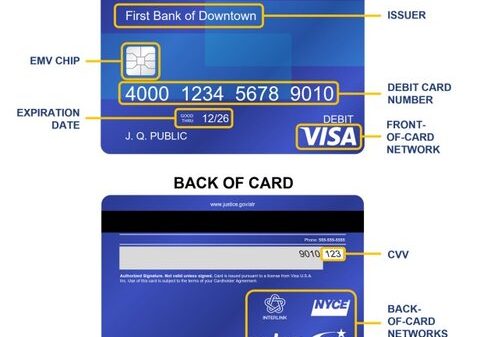The government is proposing a significant shift in the way renewable energy companies are compensated for the electricity they generate, aiming to address the issue of substantial payments made to generators for shutting down operations.
Under the current contracts for difference (CfD) scheme, sustainable energy operators receive payments based on their actual power generation, incentivizing them to operate at full capacity even when grid transmission constraints prevent the use of the electricity produced.
In its latest consultation on electricity market reform, the government has suggested transitioning the CfD scheme to either a “deemed payment” structure or a capacity-based system. Both of these models would compensate renewable energy assets based on their potential to generate power.
Deeming involves assessing the maximum theoretical generation capacity of an asset under “live” conditions such as weather. Alternatively, in a capacity-based CfD auction, developers would bid for a capacity payment on a per-megawatt basis.
However, the government has acknowledged the risk associated with the latter system. There’s concern that projects with lower construction costs could competitively bid for contracts, potentially winning them even if they are less likely to deliver as much power or offer better value compared to higher-cost projects.
This proposed change implies that renewable energy companies would not only be rewarded for supplying power to the grid but also encouraged to provide ancillary services such as battery storage replenishment.
Wind farm operators currently receive payments for curtailment, i.e., shutting down turbines to prevent grid overload when generation exceeds demand. These payments are based on the energy the wind farm operators claim they would have generated.
Tom Smout, a senior research associate at Aurora Research, noted that under a deeming CfD, renewable power generators would curtail operations when electricity prices fall below their generation costs, thus avoiding operating at a loss.
Industry sources suggest that any revisions to the CfD framework are unlikely to be implemented before 2028.
A Bloomberg investigation earlier this year indicated that some operators might be inflating their output estimates to increase payments, which are ultimately passed on to consumers through energy bills.
The proposed reforms aim to incentivize power storage over immediate market discharge, reducing the need for shutdown payments. However, the government has cautioned that any approach relying on deeming poses a risk of manipulation and overcompensation, potentially leading to consumer detriment.
The government stated in its consultation that assets could exploit inaccuracies or unfairness in the deeming methodology, manipulating circumstances to maximize payments or deemed output levels, ultimately profiting at the expense of consumers.
Read more:
Overhaul planned for payments with renewable energy sector
























